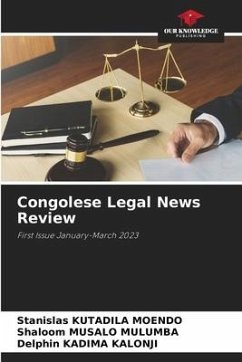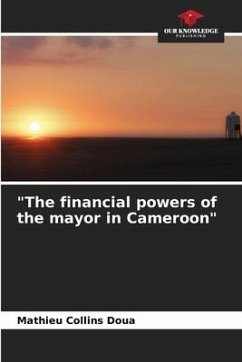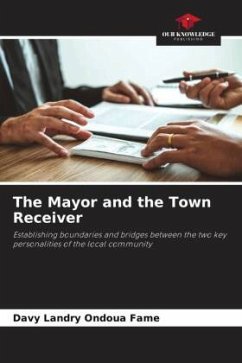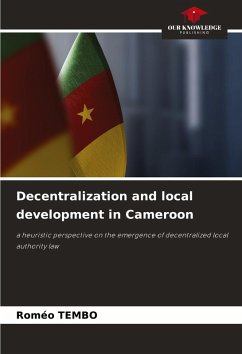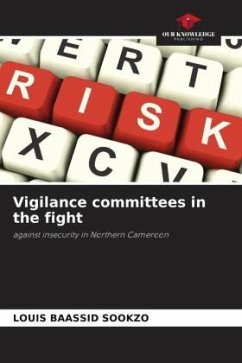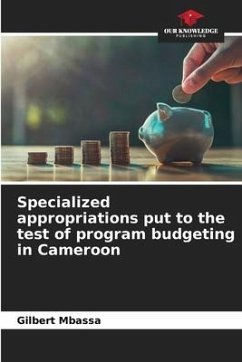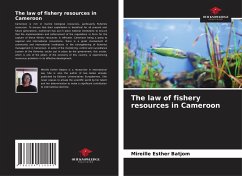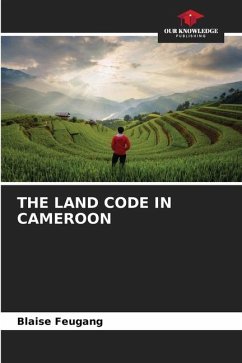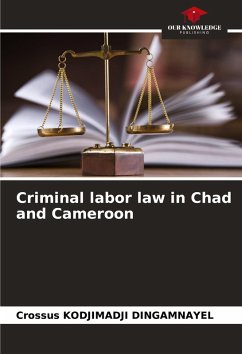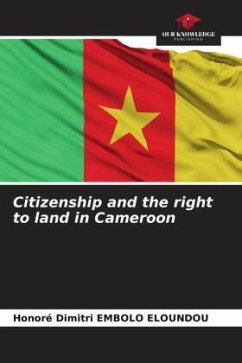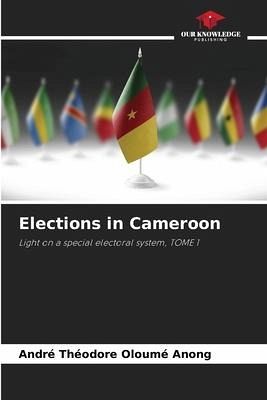
Elections in Cameroon
Light on a special electoral system, TOME 1
Versandkostenfrei!
Versandfertig in 6-10 Tagen
60,99 €
inkl. MwSt.

PAYBACK Punkte
30 °P sammeln!
The difficulty of classifying Cameroon's electoral system has given rise to so many questions and even controversy, that in the context of the institutional project launched by the January 18, 1996 Constitution, we had to classify Cameroon's non-presidential electoral system as one of the world's great classical electoral systems.Moreover, in view of the obvious interest and enthusiasm for electoral issues perceptible among Cameroonian and even African youth, both on social networks and in the real political arena, it was time to shed some light on an electoral system that is somewhat resistan...
The difficulty of classifying Cameroon's electoral system has given rise to so many questions and even controversy, that in the context of the institutional project launched by the January 18, 1996 Constitution, we had to classify Cameroon's non-presidential electoral system as one of the world's great classical electoral systems.Moreover, in view of the obvious interest and enthusiasm for electoral issues perceptible among Cameroonian and even African youth, both on social networks and in the real political arena, it was time to shed some light on an electoral system that is somewhat resistant to taming and pigeonholing, since it ultimately appears to be uniquely Cameroonian.Ultimately, this book is both academic and practical in scope, since its ultimate aim is to demystify an electoral law that, in the final analysis, seems to remain elitist. What's more, at a time when street democracy is tending to take precedence over the law.



